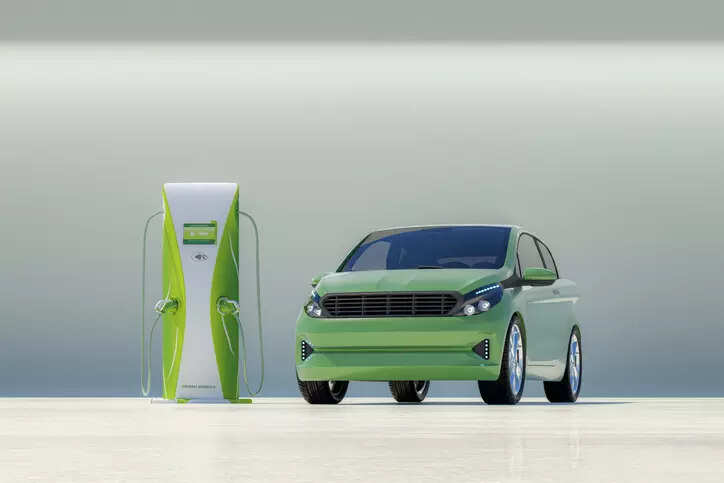
NEW DELHI: The government should extend benefits for electric vehicles (EVs) under the FAME scheme by two more years after incentive ends in March next year or else the pace of EV adoption would slow down due to expensive vehicles, while start-ups in the category may fold up, a Parliamentary committee on EVs has said.
“Removal of government support would result in price escalation of EVs significantly. The committee finds that a large number of start-ups are also involved in this field, which may have to shut down once the FAME II is closed,” the Committee on Estimates (2022-23) on ‘Evaluation of Electric Vehicle Policy’ pertaining to the ministry of heavy industries (MHI) said in its report that was presented at Lok Sabha on Friday.
It recommended that the government extend FAME-II scheme “to allow more time to evaluate the effectiveness of the scheme and to make necessary adjustments/modifications to promote EVs.”
The committee recommended that a comprehensive FAME-III scheme should be introduced once the extended period of FAME-II is over, based on the experience gained from FAME I and FAME II. This would help in continuing support towards EV penetration to a level where green vehicles will be able to compete with Internal Combustion Engine (ICE) vehicles, especially in terms of upfront costs, without requiring high incentives.
The committee said along with EVs and hybrid vehicles, the government should promote other technologies such as flex fuel vehicles, hydrogen ICE, hydrogen fuel cell vehicles, with greater emphasis for mobility transition.
The committee also recommended that a roadmap for setting up of solar charging stations should be prepared in a time bound manner to reduce dependence on electricity generated by using coal, to remain true to the green mobility objective of the government.
The committee added that purchase subsidies and cash-incentive schemes for scrapping/exchanging petrol/diesel vehicles for EVs can be considered in our country as it would lead not only to faster adoption of EVs but also have a major impact on controlling CO2 emissions.

